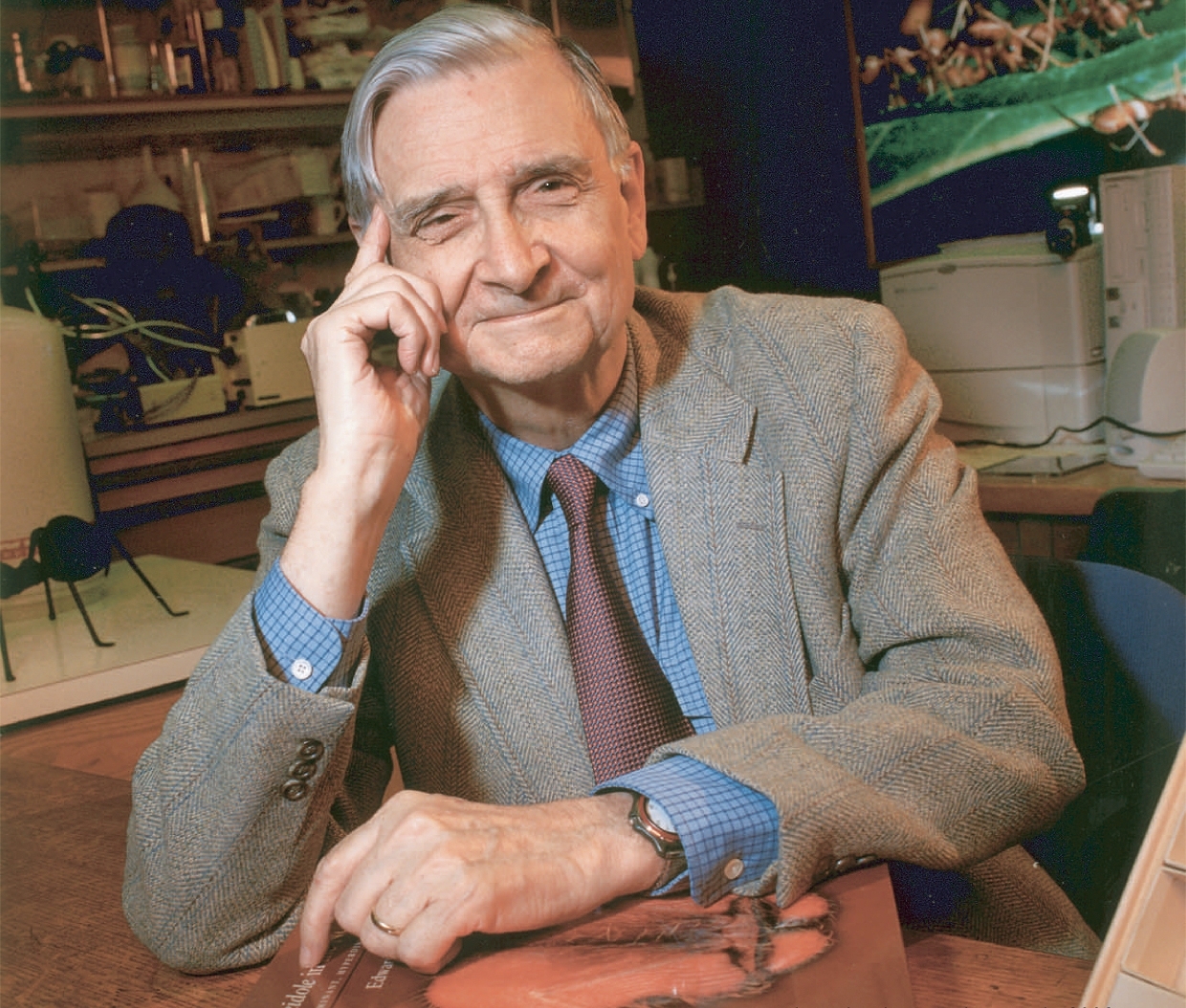|
Sociophysiology
Sociophysiology is the "interplay between society and physical functioning" (Freund 1988: 856) involving "collaboration of two neighboring sciences: physiology and sociology" ( Mauss 1936: 373). In other words, sociophysiology is physiological sociology, a special science that studies the physiological side of human (and other animals') interrelations ( Zeliony 1912: 405–406). Interdisciplinary field of research In addition to having been termed an "interdisciplinary area for research, an area which demonstrates the concomitant relationship between physiology and social behavior" (Di Mascio et al. 1955: 4), sociophysiology may also be described as "social ethology" and "social energetics" (Waxweiler 1906: 62). That is, the "physiology of reactive phenomena caused by the mutual excitations of individuals of the same species" (Waxweiler 1906: 62). The interdisciplinary nature of sociophysiology largely entails a "synthesis of psychophysiology and social interaction" (Adler 2002: 8 ... [...More Info...] [...Related Items...] OR: [Wikipedia] [Google] [Baidu] |
Georgii Zeliony
Georgii Pavlovich Zeliony (russian: Гео́ргий Па́влович Зелёный; 1878 in Odessa – 1951) was a Russian physiologist who contributed to the understanding of conditional and unconditional reflexes. He was one of I. P. Pavlov's first students. His studies of decorticated dogs led to knowledge of brain function in man and other animals. In addition, he was the first to articulate the theoretical underpinnings of sociophysiology. In Pavlov's lab Beginning around 1905, Zeliony, along with colleagues in Pavlov’s laboratory, performed experiments on dogs (Zeliony 1906b: 80; Delabarre 1910: 85-86; Warden 1928: 507): Experiments conducted by M. Pawlow and his pupils add confirmation to the view that “all physiological phenomena may be completely studied as if psychical phenomena had no existence.” Direct excitation of the mouth cavity of a dog produces an “unconditional” reflex secretion of the saliva. In case the exciting substance is something the dog ea ... [...More Info...] [...Related Items...] OR: [Wikipedia] [Google] [Baidu] |
Sociobiology
Sociobiology is a field of biology that aims to examine and explain social behavior in terms of evolution. It draws from disciplines including psychology, ethology, anthropology, evolution, zoology, archaeology, and population genetics. Within the study of human societies, sociobiology is closely allied to evolutionary anthropology, human behavioral ecology, evolutionary psychology, and sociology. Sociobiology investigates social behaviors such as mating patterns, territorial fights, pack hunting, and the hive society of social insects. It argues that just as selection pressure led to animals evolving useful ways of interacting with the natural environment, so also it led to the genetic evolution of advantageous social behavior. While the term "sociobiology" originated at least as early as the 1940s, the concept did not gain major recognition until the publication of E. O. Wilson's book '' Sociobiology: The New Synthesis'' in 1975. The new field quickly became the subject of ... [...More Info...] [...Related Items...] OR: [Wikipedia] [Google] [Baidu] |
Emile Waxweiler
Emile Waxweiler (1867–1916) was a Belgian engineer and sociologist. He was a member of the Royal Academy of Belgium as well as the International Institute of Statistics (Sarton 1917: 168). Waxweiler was born in Mechelen, Belgium, 22 May 1867, and died in a street accident in London, where he was attached to the London School of Economics, in late June 1916 (Sarton 1917: 168). Waxweiler's education included taking the “highest degree” in engineering from the University of Ghent, and then spending a year in the United States, where he studied labor questions and industrial organization (Sarton 1917: 168). In 1895, he was appointed head of the statistics section of the Belgian Office of Labor, and from 1897 on, Waxweiler taught courses in political and financial economics, statistics and demographics, as well as descriptive sociology, at the Université Libre de Bruxelles (Sauveur 1924: 395–396). These teaching obligations did not prevent him, however, from serving, beginning ... [...More Info...] [...Related Items...] OR: [Wikipedia] [Google] [Baidu] |
Physiology
Physiology (; ) is the scientific study of functions and mechanisms in a living system. As a sub-discipline of biology, physiology focuses on how organisms, organ systems, individual organs, cells, and biomolecules carry out the chemical and physical functions in a living system. According to the classes of organisms, the field can be divided into medical physiology, animal physiology, plant physiology, cell physiology, and comparative physiology. Central to physiological functioning are biophysical and biochemical processes, homeostatic control mechanisms, and communication between cells. ''Physiological state'' is the condition of normal function. In contrast, ''pathological state'' refers to abnormal conditions, including human diseases. The Nobel Prize in Physiology or Medicine is awarded by the Royal Swedish Academy of Sciences for exceptional scientific achievements in physiology related to the field of medicine. Foundations Cells Although there are differ ... [...More Info...] [...Related Items...] OR: [Wikipedia] [Google] [Baidu] |
’Pataphysics
Pataphysics (french: 'pataphysique) is a " philosophy" of science invented by French writer Alfred Jarry (1873–1907) intended to be a parody of science. Difficult to be simply defined or pinned down, it has been described as the "science of imaginary solutions". Introduction 'Pataphysics was a concept expressed by Jarry in a mock-scientific manner, with undertones of spoofing and quackery, as expounded in his novel ''Exploits and Opinions of Dr. Faustroll, Pataphysician''. Here, Jarry toyed with conventional concepts and interpretations of reality. Another attempt at a definition interprets 'pataphysics as an idea that "the virtual or imaginary nature of things as glimpsed by the heightened vision of poetry or science or love can be seized and lived as real". Jarry defines 'pataphysics in a number of statements and examples, including that it is "the science of imaginary solutions, which symbolically attributes the properties of objects, described by their virtuality, to thei ... [...More Info...] [...Related Items...] OR: [Wikipedia] [Google] [Baidu] |
Social Psychology
Social psychology is the scientific study of how thoughts, feelings, and behaviors are influenced by the real or imagined presence of other people or by social norms. Social psychologists typically explain human behavior as a result of the relationship between mental states and social situations, studying the social conditions under which thoughts, feelings, and behaviors occur, and how these variables influence social interactions. History Although issues in social psychology have been discussed in philosophy for much of human history, the scientific discipline of social psychology formally began in the late 19th to early 20th century. 19th century In the 19th century, social psychology began to emerge from the larger field of psychology. At the time, many psychologists were concerned with developing concrete explanations for the different aspects of human nature. They attempted to discover concrete cause-and-effect relationships that explained social interactions. In ... [...More Info...] [...Related Items...] OR: [Wikipedia] [Google] [Baidu] |
Social Interaction
A social relation or also described as a social interaction or social experience is the fundamental unit of analysis within the social sciences, and describes any voluntary or involuntary interpersonal relationship between two or more individuals within and/or between groups. The group can be a language or kinship group, a social institution or organization, an economic class, a nation, or gender. Social relations are derived from human behavioral ecology, and, as an aggregate, form a coherent social structure whose constituent parts are best understood relative to each other and to the ecosystem as a whole. Fundamental inquiries into the nature of social relations feature in the work of sociologists such as Max Weber in his theory of social action. Social relationships are composed of both positive (affiliative) and negative (agonistic) interactions, representing opposing effects. Categorizing social interactions enables observational and other social research, such as Gemeinsc ... [...More Info...] [...Related Items...] OR: [Wikipedia] [Google] [Baidu] |
Psychophysiology
Psychophysiology (from Ancient Greek, Greek , ''psȳkhē'', "breath, life, soul"; , ''physis'', "nature, origin"; and , ''wiktionary:-logia, -logia'') is the branch of psychology that is concerned with the physiology, physiological bases of psychology, psychological processes. While psychophysiology was a general broad field of research in the 1960s and 1970s, it has now become quite specialized, based on methods, topic of studies and scientific traditions. Methods vary as combinations of electrophysiological methods (such as EEG), neuroimaging (MRI, Positron emission tomography, PET), and neurochemistry. Topics have branched into subspecializations such as social, sport, cognitive, cardiovascular, clinical and other branches of psychophysiology. Background Some people have difficulty distinguishing a psychophysiologist from a Physiological psychology, physiological psychologist, two very different perspectives. Psychologists are interested in why we may fear spiders and physio ... [...More Info...] [...Related Items...] OR: [Wikipedia] [Google] [Baidu] |
Physiological Psychology
Physiological psychology is a subdivision of behavioral neuroscience (biological psychology) that studies the neural mechanisms of perception and behavior through direct manipulation of the brains of nonhuman animal subjects in controlled experiments. This field of psychology takes an empirical and practical approach when studying the brain and human behavior. Most scientists in this field believe that the mind is a phenomenon that stems from the nervous system. By studying and gaining knowledge about the mechanisms of the nervous system, physiological psychologists can uncover many truths about human behavior.Carlson, Neil R. Foundations of Physiological Psychology. 7th ed. Boston: Pearson Education, 2008. Print. Unlike other subdivisions within biological psychology, the main focus of psychological research is the development of theories that describe brain-behavior relationships. Physiological psychology studies many topics relating to the body's response to a behavior or activ ... [...More Info...] [...Related Items...] OR: [Wikipedia] [Google] [Baidu] |
Ethology
Ethology is the scientific study of animal behaviour, usually with a focus on behaviour under natural conditions, and viewing behaviour as an evolutionarily adaptive trait. Behaviourism as a term also describes the scientific and objective study of animal behaviour, usually referring to measured responses to stimuli or to trained behavioural responses in a laboratory context, without a particular emphasis on evolutionary adaptivity. Throughout history, different naturalists have studied aspects of animal behaviour. Ethology has its scientific roots in the work of Charles Darwin and of American and German ornithologists of the late 19th and early 20th century, including Charles O. Whitman, Oskar Heinroth, and Wallace Craig. The modern discipline of ethology is generally considered to have begun during the 1930s with the work of Dutch biologist Nikolaas Tinbergen and Austrian biologists Konrad Lorenz and Karl von Frisch, the three recipients of the 1973 Nobel Prize in Phys ... [...More Info...] [...Related Items...] OR: [Wikipedia] [Google] [Baidu] |
Eugenics
Eugenics ( ; ) is a fringe set of beliefs and practices that aim to improve the genetic quality of a human population. Historically, eugenicists have attempted to alter human gene pools by excluding people and groups judged to be inferior or promoting those judged to be superior. In recent years, the term has seen a revival in bioethical discussions on the usage of new technologies such as CRISPR and genetic screening, with a heated debate on whether these technologies should be called eugenics or not. The concept predates the term; Plato suggested applying the principles of selective breeding to humans around 400 BC. Early advocates of eugenics in the 19th century regarded it as a way of improving groups of people. In contemporary usage, the term ''eugenics'' is closely associated with scientific racism. Modern bioethicists who advocate new eugenics characterize it as a way of enhancing individual traits, regardless of group membership. While eugenic principles have be ... [...More Info...] [...Related Items...] OR: [Wikipedia] [Google] [Baidu] |




